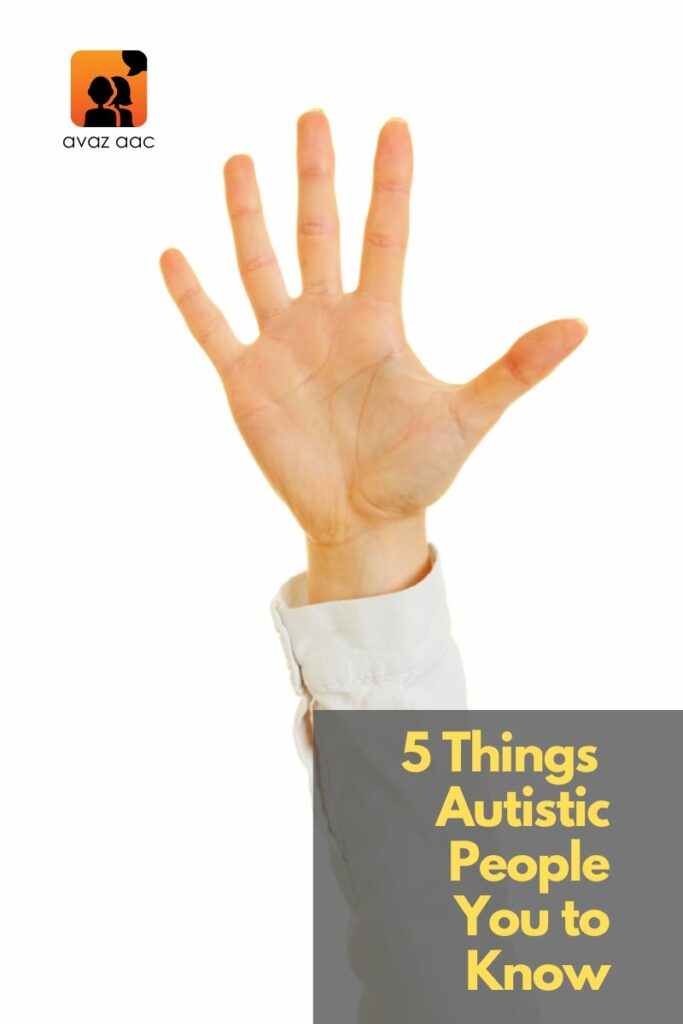

You may have read a lot about autism. You may even know a family member or friend who has autism. This can lead you to think that you know enough about people with autism. But most of the time, this knowledge may barely scratch the surface.
There are many misconceptions about autism out there. Despite all the information available today, these misconceptions continue to colour people’s perceptions about autism. True, people with autism do face several challenges. But, it is important to keep in mind that they are so much more than the diagnosis and its associated struggles.
Autism Spectrum Disorder (ASD) is a developmental disorder and it includes several conditions. Autism, pervasive developmental disorder not otherwise specified (PDD-NOS), and Asperger’s syndrome are all conditions that fall under ASD. Each of these conditions can cause communication deficits, behavioural difficulties, and social challenges.
Given the complex nature of the disorder, the best way to understand people with autism is to listen to them. There is no one better than them to talk about autism and how it affects them. So, here are 5 things people with autism wish you knew:
We Want to Communicate, Even If We May Not Be Able to Do It Well
Communication is a basic human need. We like to make our preferences and opinions known. However, we may take longer to process information. Therefore, wait for us to respond. If we use communication apps for autism, be patient – because typing is slower than speaking.
Most people with autism have communication challenges. It means that we might have to work harder at what comes naturally and effortlessly to you. Language and speech difficulties are also common among us. Some of us cannot speak while others can speak and write so beautifully. We might also have delays in developing language skills when compared to our peers.
We are not adept at understanding non-verbal cues or reading between the lines. Therefore, do not get offended if we have misunderstood you. Show interest in what we have to say because it matters to us. Please, respond to our efforts to communicate and always acknowledge. We are capable of having meaningful conversations even if we use communication apps for autism to express ourselves. So, don’t limit the communication to only asking simple questions.
We Have Self-Stimulating Behaviours. So, Please Don’t Stare at Us
Everybody engages in Stimming or Self-stimulating behaviours. You may bite your nails or crack your knuckles when you are bored or anxious. But, stimming in people with autism is more obvious. You may see us flapping our hands or rocking back and forth. Please let us continue doing so unless it gets disruptive or dangerous.
We may stim to reduce sensory overload or to calm ourselves. Stimming may be our way to cope with unfamiliar situations. We can stim when we get frustrated or to deal with our anxiety. Controlling our stimming behaviours is not only difficult but also can cause more distress. So, please don’t make us feel uncomfortable by expecting us to suppress our physical movements. Or conform to some misplaced social norms.
Most of Us Have Sensory Challenges. So, Please Be Considerate
Most of us have sensory challenges. That said, the stimuli we are sensitive to can vary greatly. Some of us get irritated by loud noises, while others might be unperturbed by them. Each person with autism can have unique noises that bother them. So, avoid yelling or playing loud music around us. For some of us, the sensitivity to these noises can get better as we get older.
We may be amused by bright lights but might struggle with sudden light flashes. We can also be sensitive to certain smells, tastes, and textures. Younger children with autism can experience sensory overload more often than their peers. Using sensory toys or appropriate vestibular sensory input can help in calming them.
We Do Not Lack Empathy. So, Don’t Be Judgemental
This is one of the most damning misconceptions about us. We might not express our empathy the way you expect us to. That doesn’t mean we are devoid of emotion.
We can have trouble deciphering body language and facial expressions. Consequently, we might not be able to read a situation as well as our peers. If we do not seem compassionate, it may be due to our cognitive challenges and communication deficits. So, please think twice before propagating the idea that we cannot be empathetic. Misinformation about the disorder can substantially affect our social interactions.
Don’t Club Us All Together. Each One of Us Has Unique Traits and Challenges
Don’t try to fit us all under one label. It may be convenient for you but it trivializes our individuality. Don’t assume that all of us have the same cognitive, motor, communication, and intellectual capabilities. Some of us are non-verbal and may use communication apps for autism to interact with others. Others can speak so eloquently and seemingly lead normal lives. There are also celebrated poets, actors, singers, musicians, and many other accomplished professionals amongst us. So, recognize that each one of us has a distinct set of abilities and impairments, just like you!
If you have any ideas on this topic, please share them in the comment section below !!! We encourage healthy discussions within the community because they open the door to exchange of information and learning.




Great write up